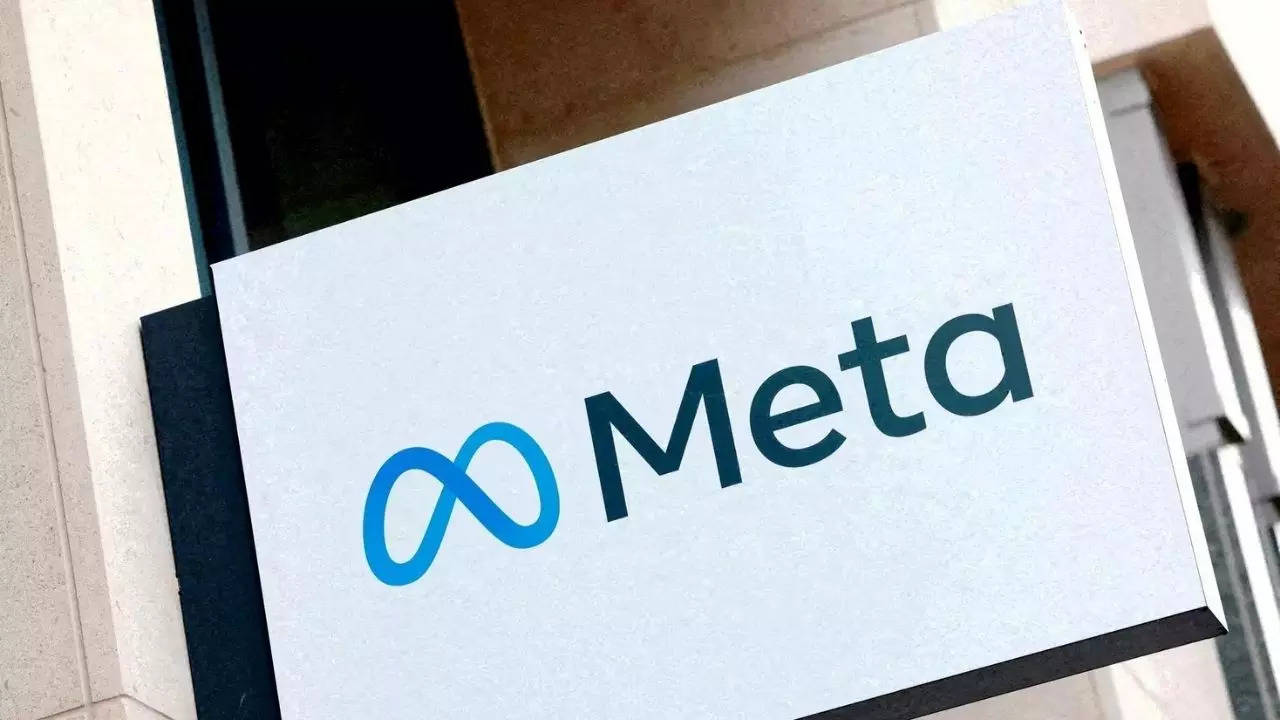NAIROBI: Settlement talks have collapsed between Facebook’s parent company Meta and Kenyan content moderators over a lawsuit alleging unfair dismissal, a tech rights group working with the moderators said on Monday.
The 184 moderators sued Meta and two subcontractors earlier this year after they say they lost their jobs with one of the subcontractors, Sama, for organising a union. They say they were then blacklisted from applying for the same roles at a second firm, Majorel, after Facebook changed contractors.
In August, the court asked the parties to hold out-of-court settlement talks and said the case would proceed before it if those failed.
British tech rights group Foxglove said in a statement on Monday that the negotiations had broken down, accusing Meta and Sama of making “very little attempt to address core issues raised by the petitioners”.
“The respondents were buying time and not being genuine. We kept waiting for them to participate … only for them to keep asking for an extension of time and then come back every time to refuse to take accountability,” the statement quoted Mercy Mutemi, a lawyer for the plaintiffs, as saying.
Meta declined to comment. There was no immediate comment from Sama and Majorel.
Meta has previously responded to allegations of a poor working environment in Kenya by saying it requires partners to provide industry-leading conditions.
Sama has said it has always followed Kenyan law and provided mental health services to its employees. In August, Majorel said it does not comment on matters involving pending or active litigation.
The moderators also allege that Meta is trying to terminate their contracts in defiance of an earlier court order. A hearing on their petition to find Meta and Sama in contempt of court is scheduled for October 31, Foxglove said.
Meta has also been sued in Kenya by a former moderator over accusations of poor working conditions at Sama, and by two Ethiopian researchers and a rights institute, which accuse it of letting violent and hateful posts from Ethiopia flourish on Facebook.
In response, Meta said last December that hate speech and incitement to violence were against the rules of its Facebook and Instagram platforms.
The 184 moderators sued Meta and two subcontractors earlier this year after they say they lost their jobs with one of the subcontractors, Sama, for organising a union. They say they were then blacklisted from applying for the same roles at a second firm, Majorel, after Facebook changed contractors.
In August, the court asked the parties to hold out-of-court settlement talks and said the case would proceed before it if those failed.
British tech rights group Foxglove said in a statement on Monday that the negotiations had broken down, accusing Meta and Sama of making “very little attempt to address core issues raised by the petitioners”.
“The respondents were buying time and not being genuine. We kept waiting for them to participate … only for them to keep asking for an extension of time and then come back every time to refuse to take accountability,” the statement quoted Mercy Mutemi, a lawyer for the plaintiffs, as saying.
Meta declined to comment. There was no immediate comment from Sama and Majorel.
Meta has previously responded to allegations of a poor working environment in Kenya by saying it requires partners to provide industry-leading conditions.
Sama has said it has always followed Kenyan law and provided mental health services to its employees. In August, Majorel said it does not comment on matters involving pending or active litigation.
The moderators also allege that Meta is trying to terminate their contracts in defiance of an earlier court order. A hearing on their petition to find Meta and Sama in contempt of court is scheduled for October 31, Foxglove said.
Meta has also been sued in Kenya by a former moderator over accusations of poor working conditions at Sama, and by two Ethiopian researchers and a rights institute, which accuse it of letting violent and hateful posts from Ethiopia flourish on Facebook.
In response, Meta said last December that hate speech and incitement to violence were against the rules of its Facebook and Instagram platforms.






